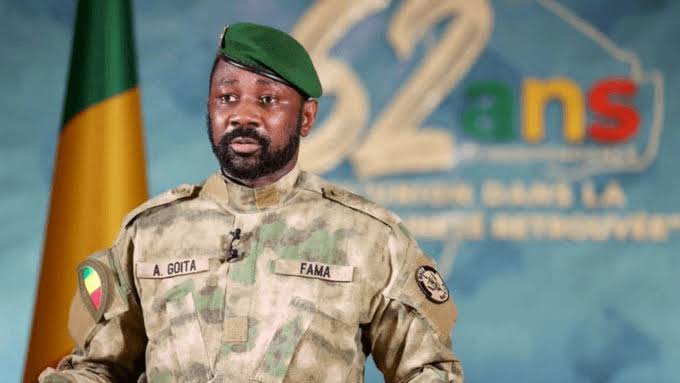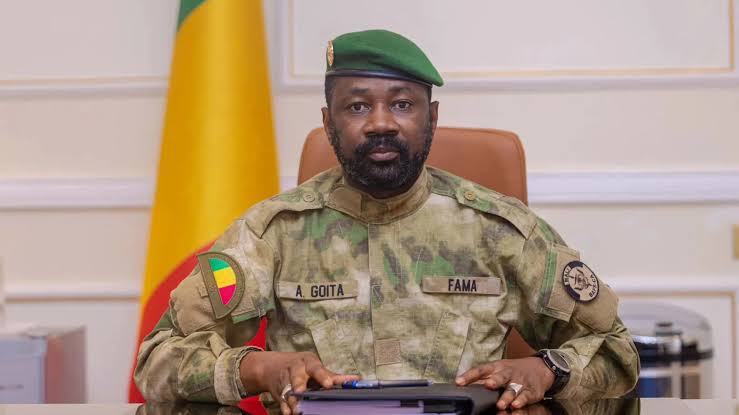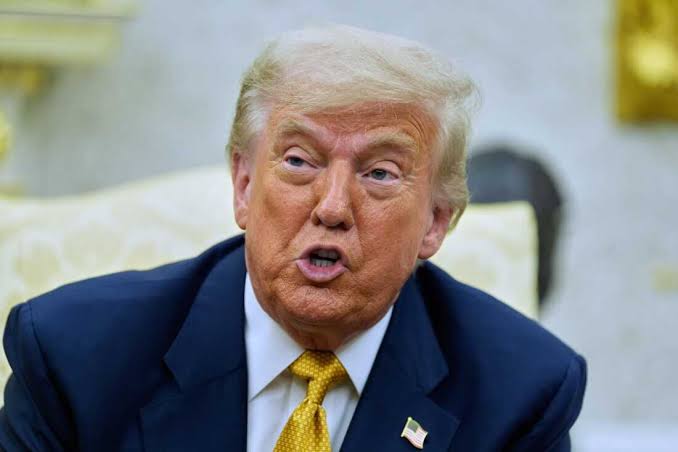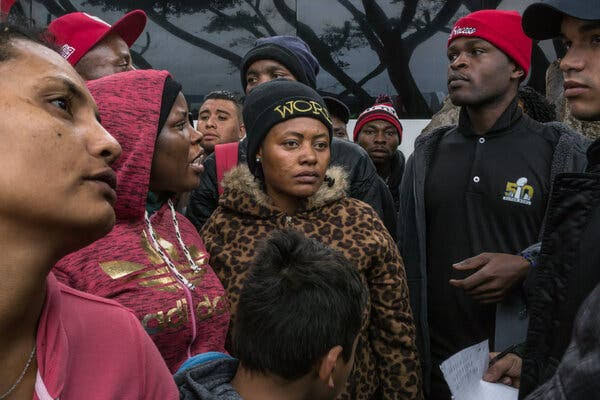
Faith Nyasuguta
Mali’s military-led government is stepping up efforts to win fresh support from the United States as it battles Islamist insurgents and searches for new economic opportunities in a region where Western security partnerships have dramatically weakened.
This week, a U.S. delegation led by Deputy Assistant Secretary of State for West Africa, William Stevens, held talks in Bamako with Malian Foreign Minister Abdoulaye Diop. According to Diop, discussions focused on fighting “armed terrorist groups supported by foreign state sponsors” and boosting economic collaboration, especially by attracting American private investors.
The talks mark at least the second high-level contact between the U.S. and Mali’s junta this month – an unusual sign of engagement given Washington’s caution toward military regimes. For Mali’s transitional government, led by Colonel Assimi Goita, U.S. backing would help counter mounting security threats and offer an economic alternative to growing Russian influence.

Mali, Niger and Chad form part of a wide corridor of military-led governments stretching from Guinea to Sudan. In recent years, coups have redrawn West Africa’s security map, pushing the U.S. and France to scale back military operations. Last year, the U.S. pulled troops from a key base in Chad and shuttered a drone hub in Niger. As American boots withdrew, Russia’s footprint expanded.
Russian mercenaries from the Wagner Group have filled the vacuum left by French and U.N. troops, who for over a decade supported Mali’s struggle against jihadist violence. Moscow has also stepped into the economic sphere. Earlier this month, Mali broke ground on a massive Russian-backed gold refinery near Bamako’s airport. The five-hectare facility will quadruple Mali’s gold refining capacity to 200 metric tons per year – a move set to boost state revenue but also deepen dependency on Moscow.
Faced with this shifting balance, the U.S. is now recalibrating its West Africa strategy. Instead of relying heavily on fragile Sahel states like Mali and Niger, Washington is focusing its security presence further south in coastal nations such as Ivory Coast, Ghana, and Benin – countries seen as more stable partners against Islamist threats spreading from the Sahel.

For Mali’s junta, wooing Washington could be both a security hedge and an economic necessity. The country wants to show that its business climate has improved and is open for U.S. investors – even as it cements ties with Russia. Whether the U.S. will fully re-engage remains uncertain, but both sides appear keen to keep talking as alliances in the region keep shifting.
RELATED:








